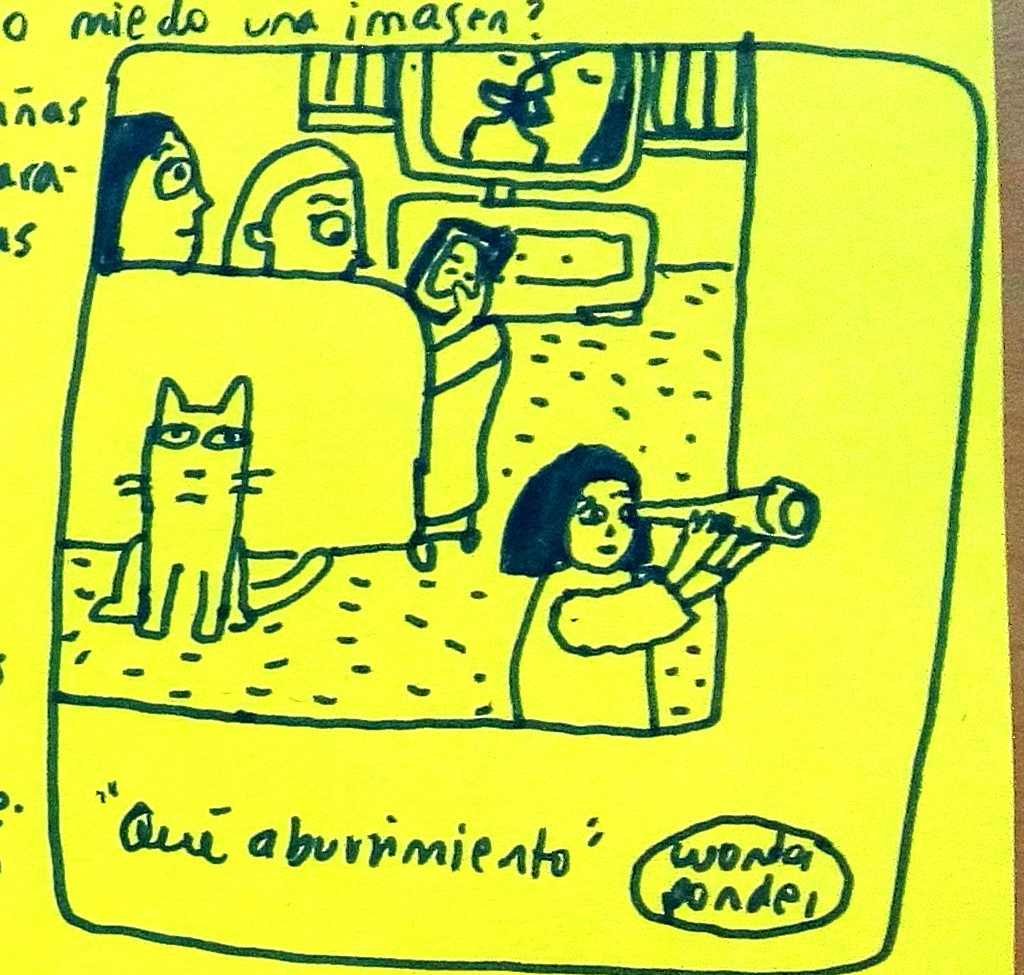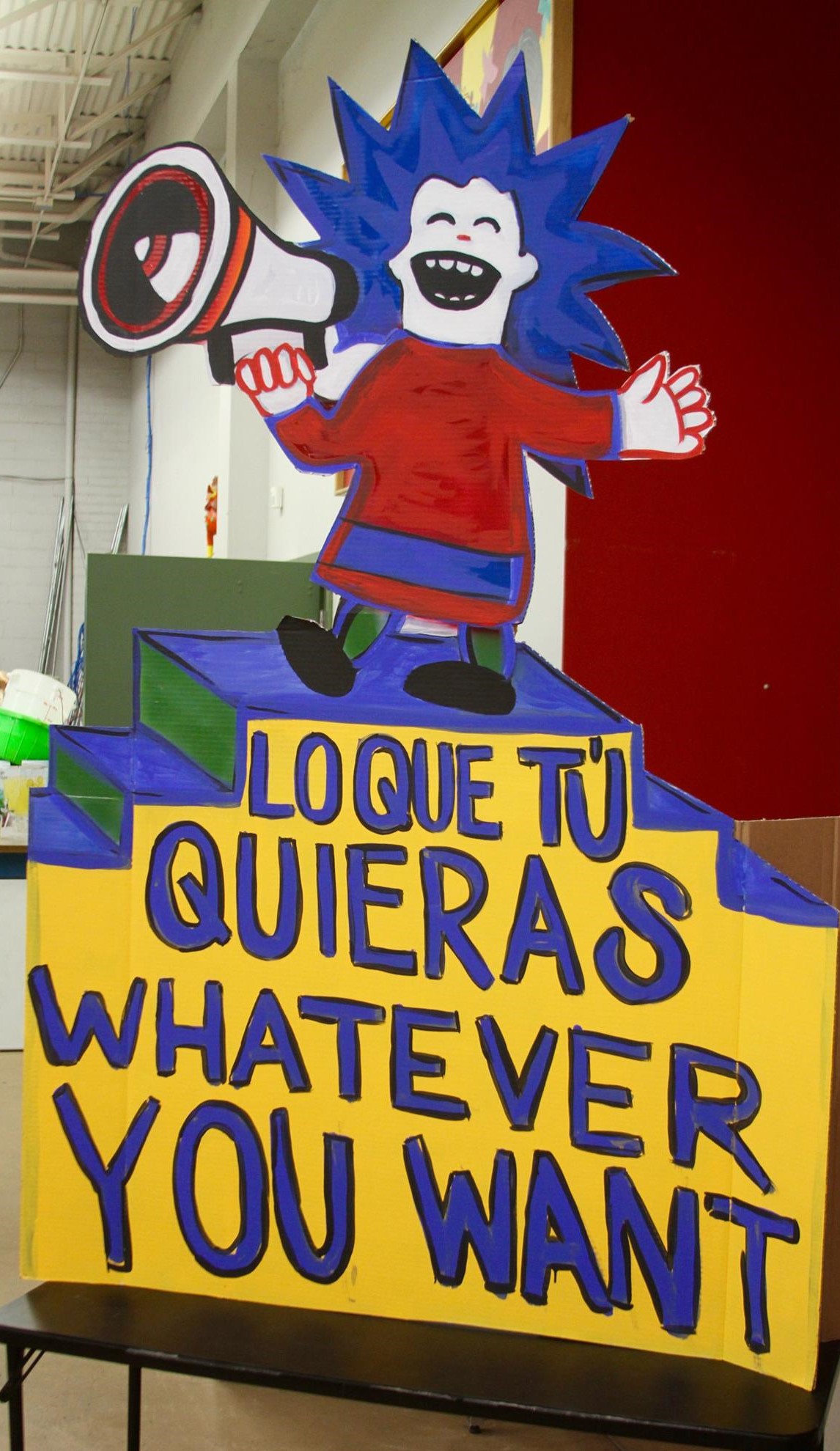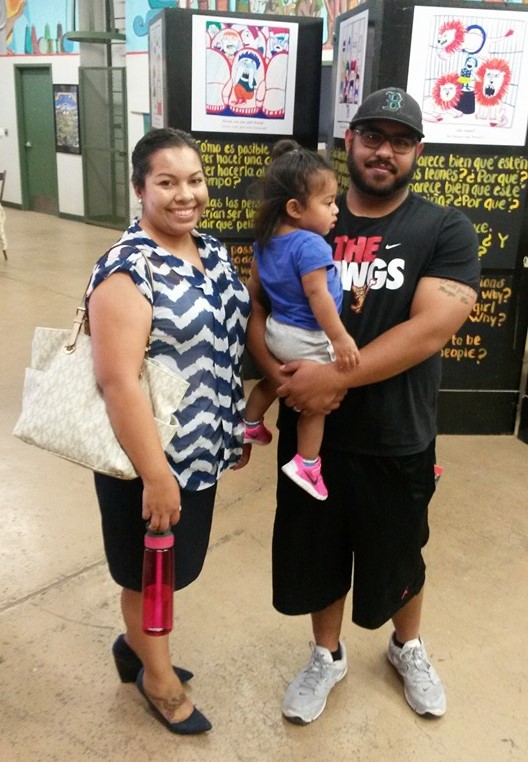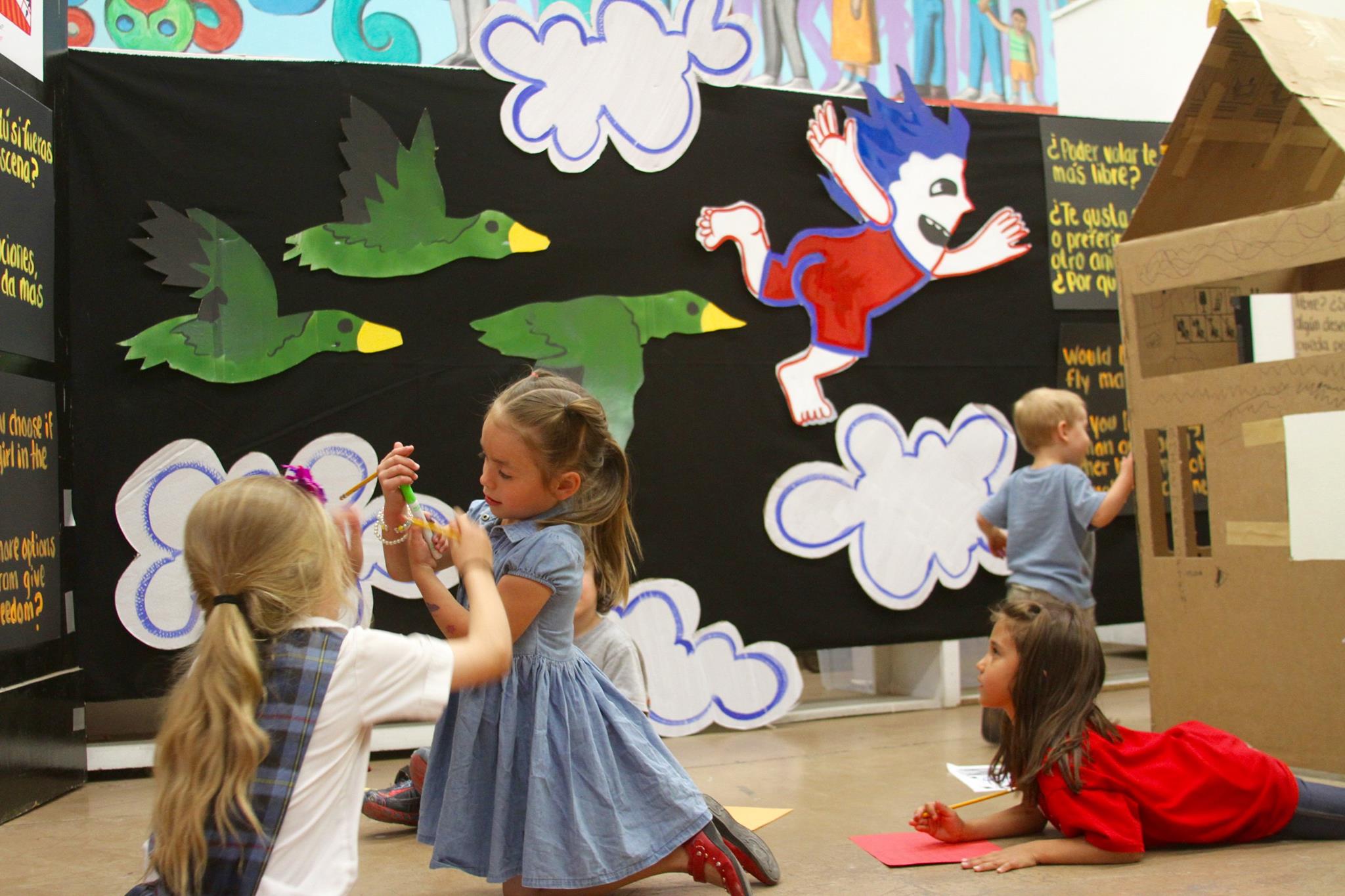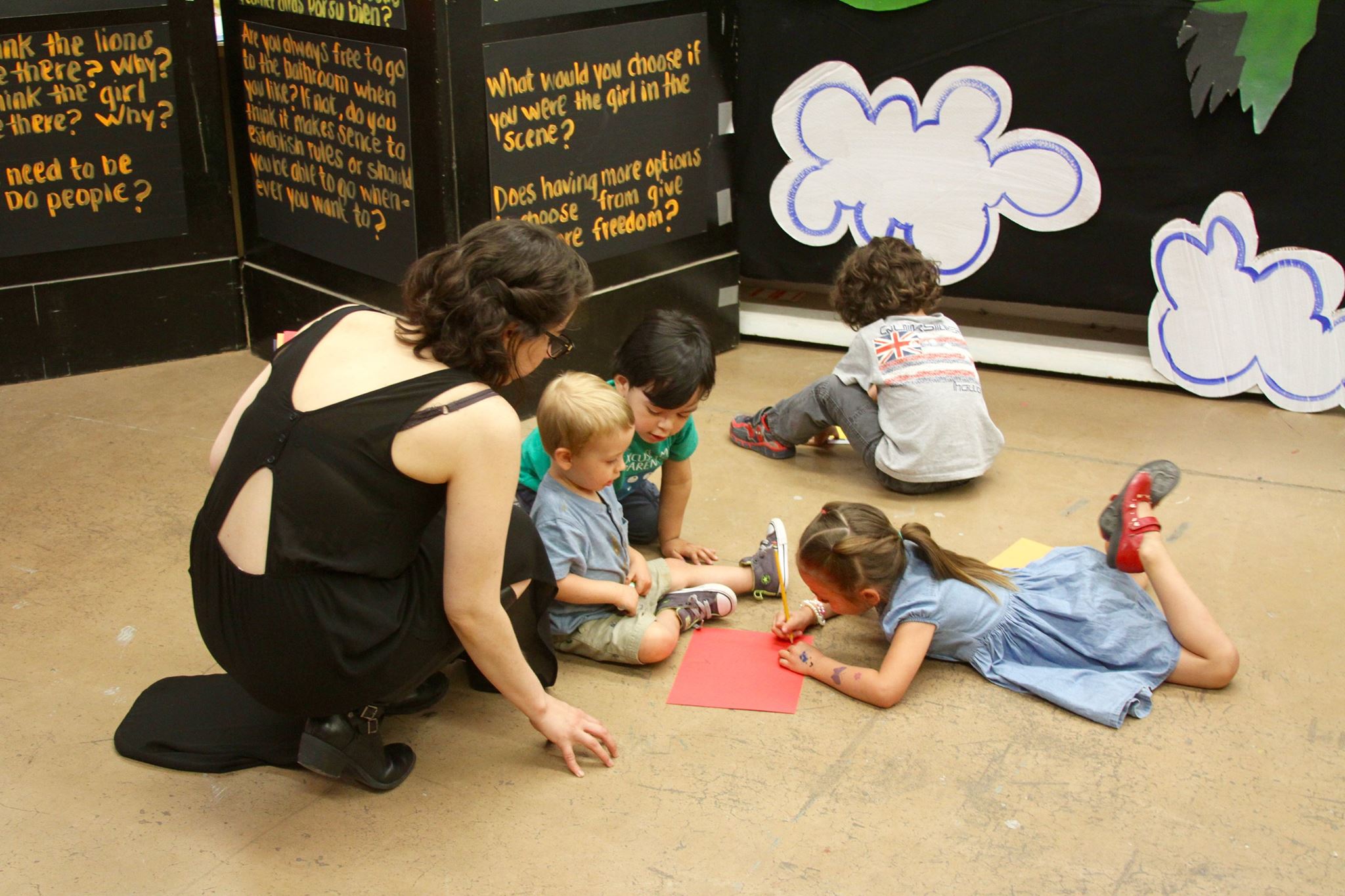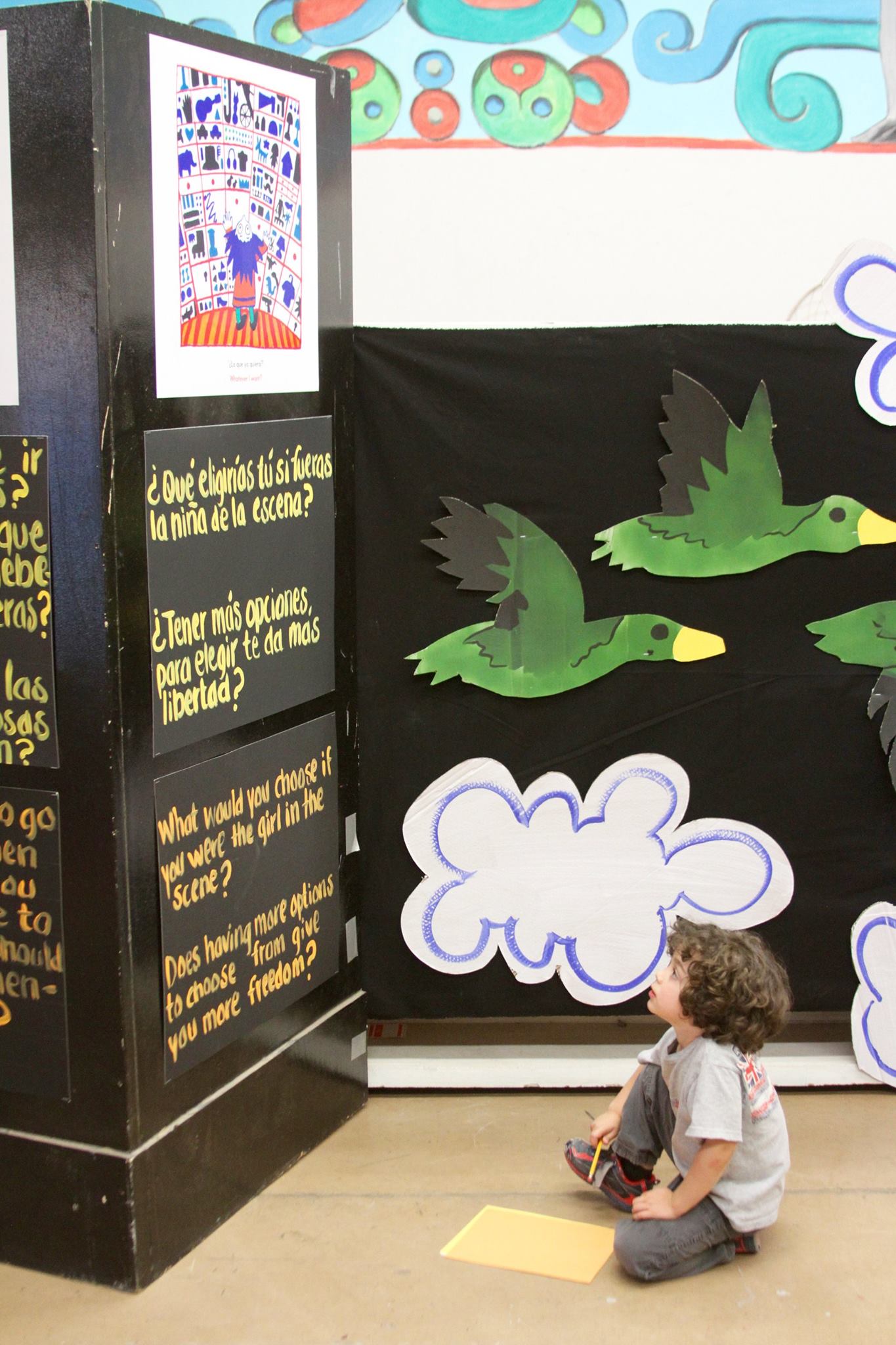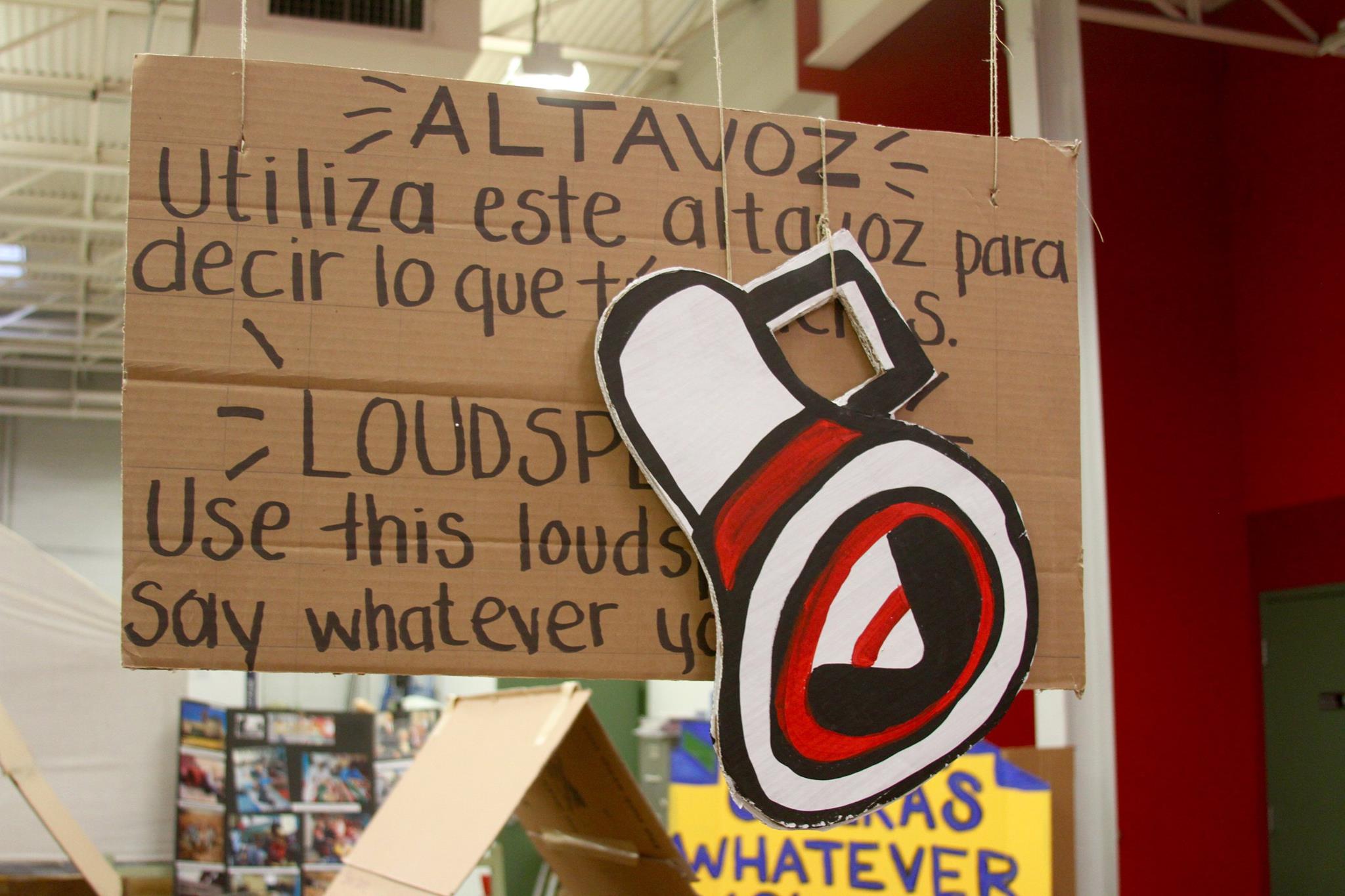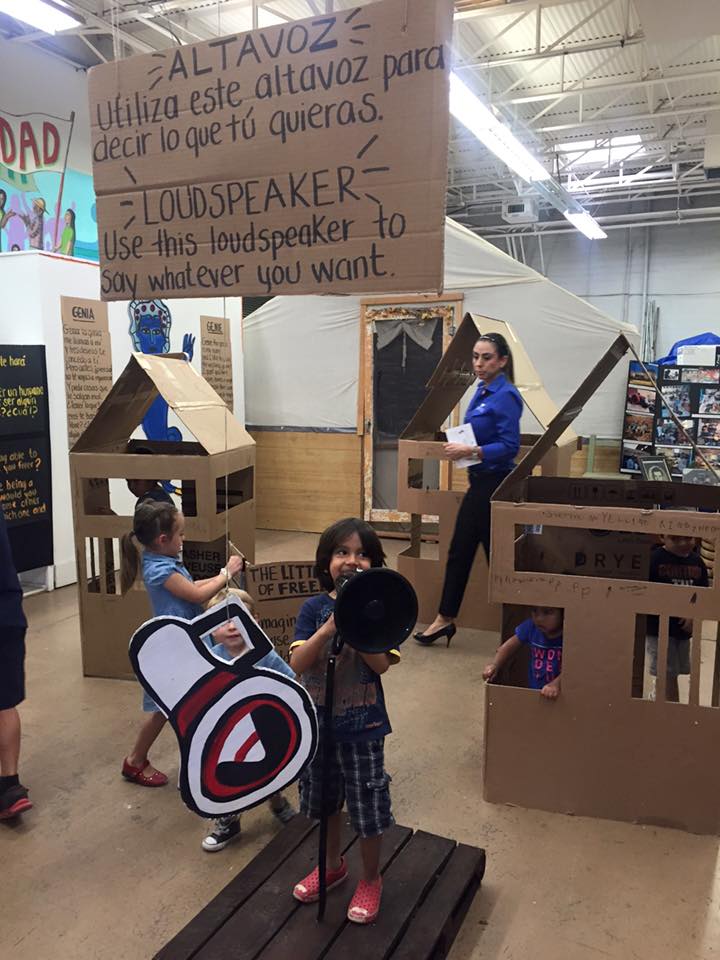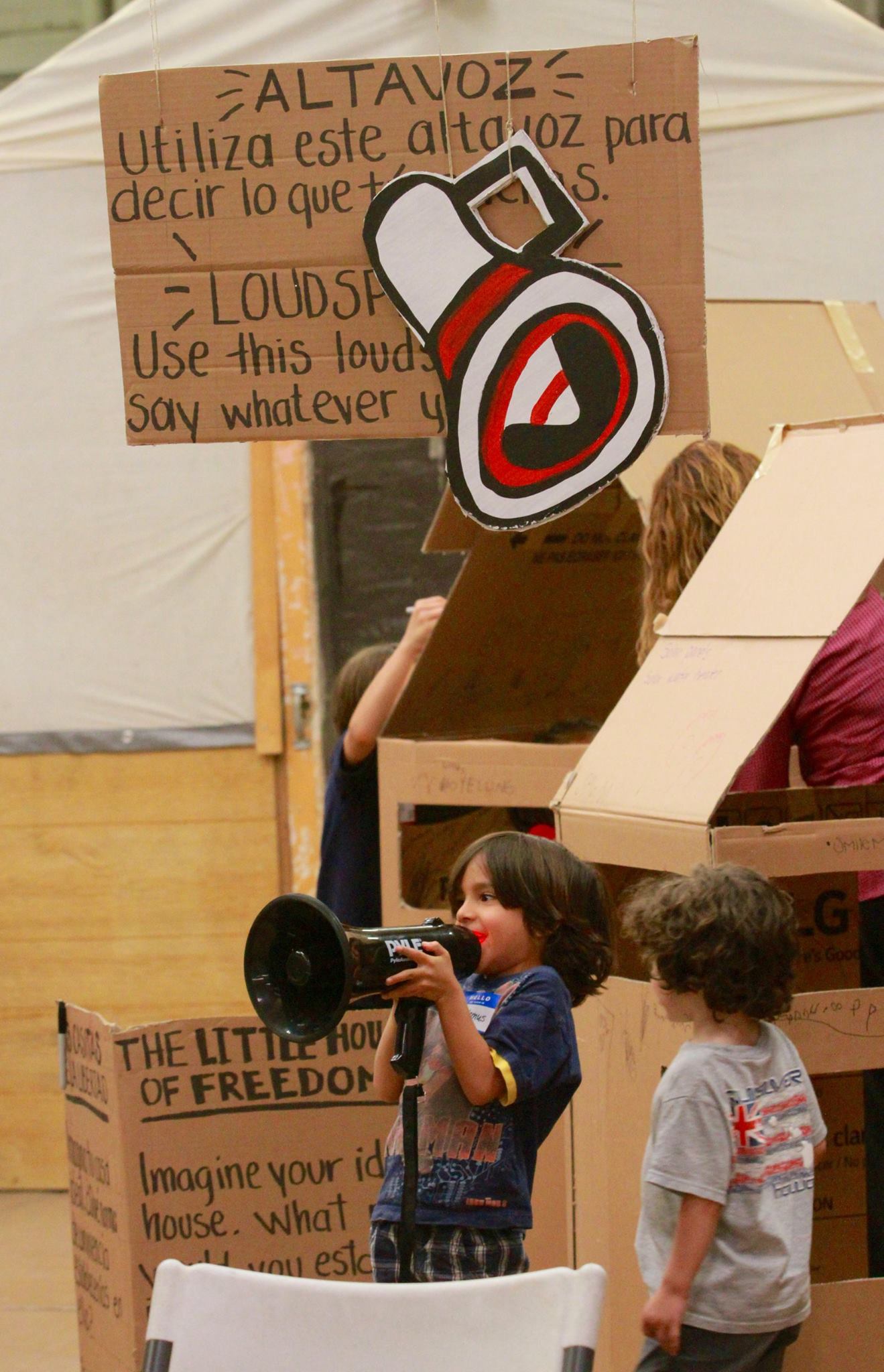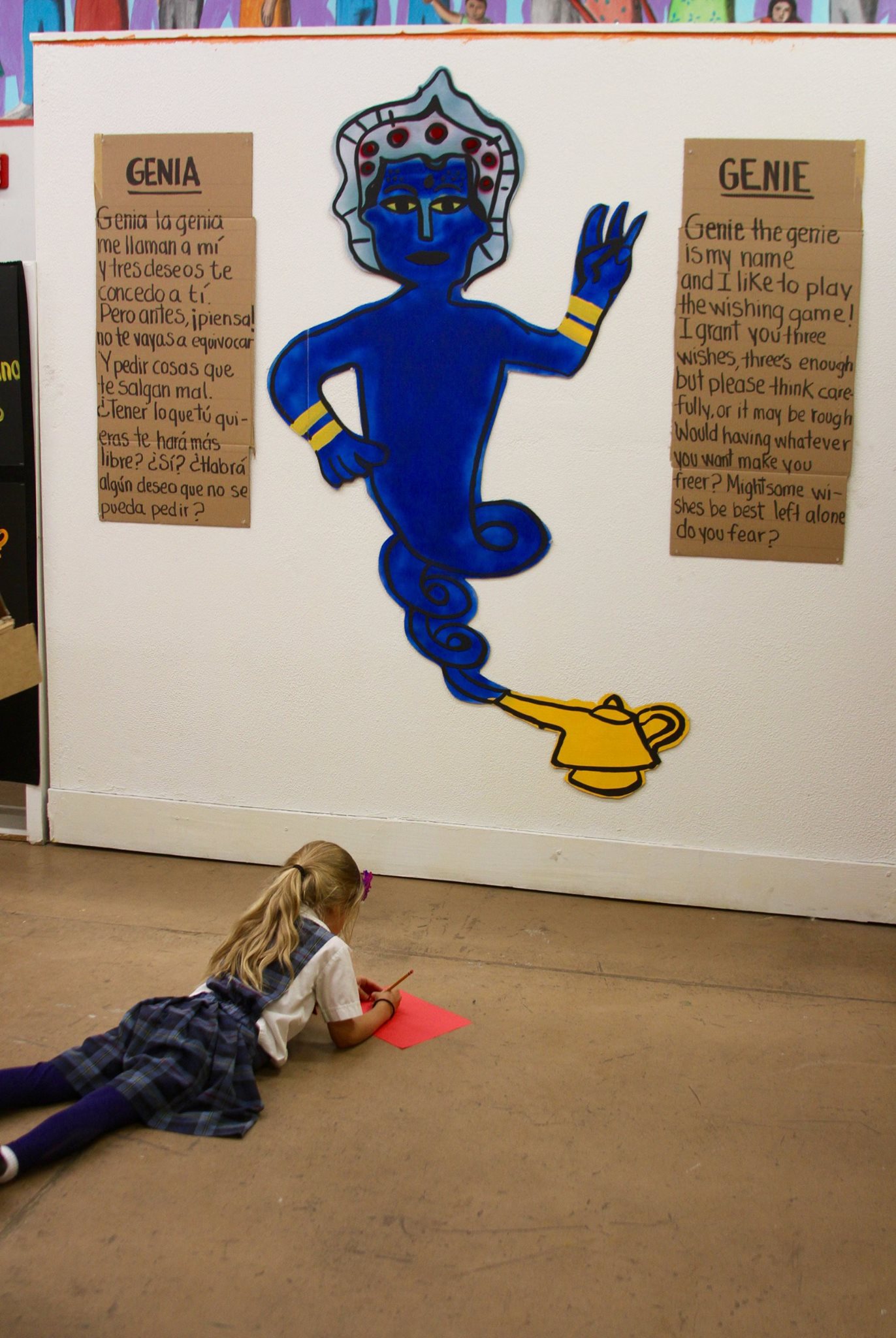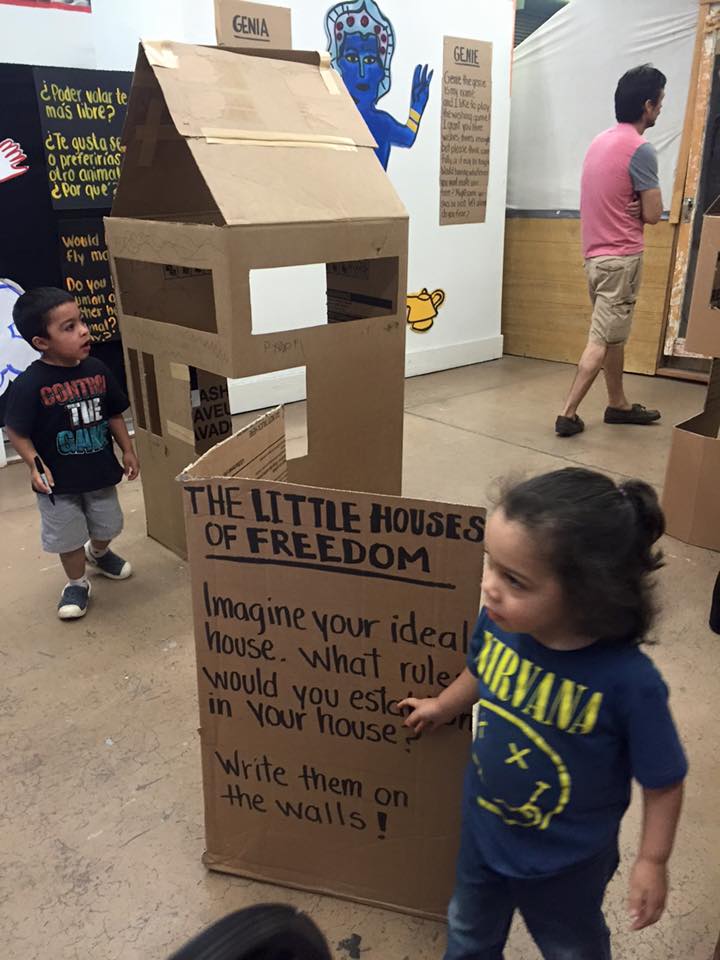What if life is a dream? Or an illusion? Or a good old story? New title in the Wonder Ponder Visual Philosophy for Children series to explore Reality, Imagination and Dream
Ellen Duthie
COMING IN MAY 2018.
Coming soon, the new title in the Visual Philosopy for Children series by Wonder Ponder, Pinch Me! We are not quite ready to publish the cover, but the above is a close-up of the title on the cover. Woohoo!
PINCH ME!
What if life is a dream?
An illusion?
Or a good old story?
When you pinch yourself, does it hurt?
And does the pain prove you are not dreaming?
Can we trust our senses?
If our eyes sometimes trick us, might they always trick us?
How do we know that the world is as we perceive it and not as a fly or a dog sees it?
If you could connect to a machine that made you live and feel only good things, would you want to connect to it forever?
Can a made-up story be real?
Can a photograph lie?
Are some witnesses more reliable than others?
What is real? And what is not so real?
What do you think?
Half-way between a book and a game, Pinch Me! comes in a box and invites readers aged eight and over (adults too!) to think about reality, imagination and dream in a way that is both serious and seriously fun.
The box provides plenty of opportunities for younger and older readers to explore the differences between real and pretend, real and alive, our senses and what they tell us about the world, and to wonder whether we could be dreaming or not. It also contains scenes that are likely to spark wondering and pondering about virtual reality, fiction and reality, fake news and representation in selfies, in a way that is both relatable and destabilising, as well as riveting.
Part of the critically acclaimed Wonder Ponder, Visual Philosophy for Children series, Pinch Me! is designed for children to look at, read and think playfully about by themselves, accompanied by an adult or in a group, in educational, play or family contexts.
Themes: reality · imagination · dream · memory · the five senses · perception · fiction/reality · real/pretend · reliable information · real/virtual · philosophy for children.
Content
· 14 illustrated scenes.
· More than 100 carefully worded questions designed to spark a rich and well-oriented reflection without leading it to pre-established conclusions.
· 3 blank cards for readers to design their own philosophical scenes and pose their own questions.
· Brief guide for children and adults.
· Ideas for wonderpondering. Suggestions for use.
· A-3 thematic poster.
About The Wonder Ponder Visual Philosophy for Children series
Wonder Ponder introduces readers to philosophy’s big questions in a way that is playful and appealing. Engaging scenes and intriguing questions prompt reflection and discussion, encouraging children to develop their own thoughts and arguments and to build a visual and conceptual map of the issue addressed in each box.
Interested in learning more about the Visual Philosophy for Children series by Wonder Ponder? Check out our website and our online shop.

